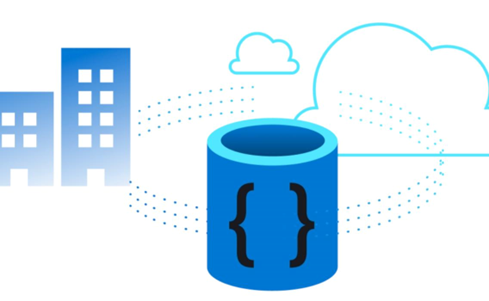Database in the cloud has a wide
range of impacts on studying and offers many opportunities and advantages to students.
So this next article will briefly explain to you some of the possible impacts
of database cloud for students.
Impact Of Cloud
Databases
Easy Data Access And Sharing
By
using database cloud services, students can easily access and share data stored
on the cloud. They can connect to the cloud database from any device at any
time and access the information they need. For example, students can log in to
the database cloud service using different devices at school, the library or at
home to access study materials, and course records or share project data.
Ease Of Collaboration And Teamwork
Database
cloud services make it easier for students to collaborate. They can share data
and resources in the database, enabling real-time data updates and
collaborative editing. For example, a group of students can work together to
use database cloud services to store and manage project files, task lists, and
progress tracking. In this way, students can work better together to improve
team efficiency and the quality of results.

For
example, one graduate student might be responsible for recording the results of
daily experiments and uploading the data to the cloud database. Another
graduate student is responsible for processing the data using specific analysis
tools and updating the processed results in the database. Other graduate
students can access the database at any time to view the latest experimental
data and conduct further analyses and explorations as needed. The database
cloud service enables graduate students to share and collaborate on data
processing in real-time. They can work together at different times and
locations and instantly view changes and updates to the data made by other
members. This real-time data sharing and collaboration allowed team members to
work more closely with each other, increasing the efficiency and accuracy of
the research project.

In
addition, the database cloud service provides a data version control feature
that allows team members to easily track and restore previous versions of the
same data, even if they have made changes to it. In this way, postgraduate
students do not have to worry about data loss or errors and can carry out their
research work with greater peace of mind.
Data Security And Backup
Database
cloud services usually provide data security and backup mechanisms to protect
students' data from the risk of accidental loss or corruption. Cloud providers
take security measures to protect the confidentiality and integrity of data and
perform regular backups to ensure data reliability and recoverability. For
students, this means they can store and manage important academic and personal
data with greater confidence.

For
example, let's say a student is conducting a scientific experiment and
recording the data from the experiment. With database cloud services, the
student can store the experimental data in a database on the cloud. This way,
they can easily access the experiment data no matter which device they use or
where they work. In addition, if students collaborate with peers on
experiments, they can share databases and update and view each other's data in
real-time, thus facilitating collaboration and teamwork. In addition, the cloud
service provider automatically backs up students' data to ensure its security
and reliability.
Summary
In
conclusion, database cloud services impact students with easy data access and
sharing, collaboration and teamwork convenience, and data security and backup.
These features help students to better handle their learning tasks and
projects, and improve the productivity and quality of their results.
